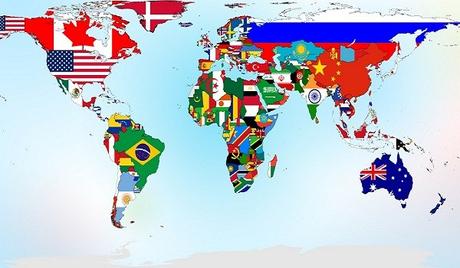 The Top 10 Largest Countries in the World by Area Size
The Top 10 Largest Countries in the World by Area Size
Quite a few people will be able to name most of these top 10 biggest countries in the world, but do you know how big they really are? Not only do we find out the ten biggest, but we also find out how big they really are…
The Top 10 Largest Countries in the World by Area Size
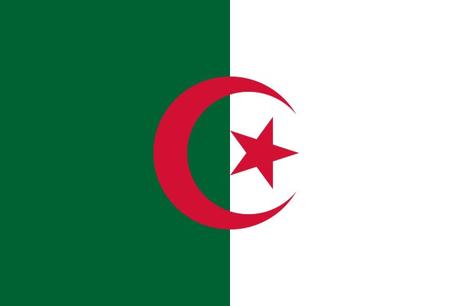
10 – Algeria (Total Land Area in SQ Miles: 919,595)
Wiki Info: Ancient Algeria has known many empires and dynasties, including ancient Numidians, Phoenicians, Carthaginians, Romans, Vandals, Byzantines, Umayyads, Abbasids, Idrisid, Aghlabid, Rustamid, Fatimids, Zirid, Hammadids, Almoravids, Almohads, Spaniards, Ottomans and the French colonial empire.
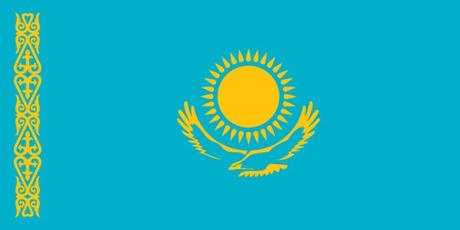
9 – Kazakhstan (Total Land Area in SQ Miles: 1,052,100)
Wiki Info: The territory of Kazakhstan has historically been inhabited by nomadic tribes. This changed in the 13th century when Genghis Khan occupied the country as part of the Mongolian Empire. Following internal struggles among the conquerors, power eventually reverted to the nomads.
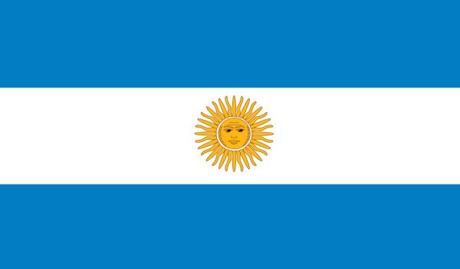
8 – Argentina (Total Land Area in SQ Miles: 1,073,500)
Wiki Info: Argentina claims sovereignty over part of Antarctica, the Falkland Islands and South Georgia and the South Sandwich Islands. The earliest recorded human presence in the area of modern-day Argentina dates back to the Palaeolithic period.
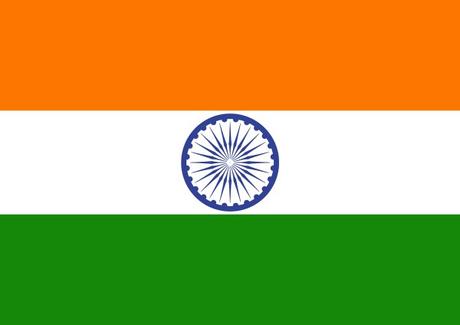
7 – India (Total Land Area in SQ Miles: 1,269,219)
Wiki Info: India (officially the Republic of India) is a country in South Asia. It is the seventh-largest country by area, the second-most populous country and the most populous democracy in the world. It is bounded by the Indian Ocean on the south, the Arabian Sea on the south-west, and the Bay of Bengal on the south-east.
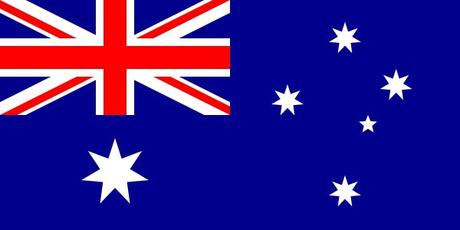
6 – Australia (Total Land Area in SQ Miles: 2,969,907)
Wiki Info: Australia has the world’s 13th-largest economy and ninth highest per capita income. With the second-highest human development index globally, the country ranks highly in quality of life, health, education, economic freedom, and civil liberties and political rights.
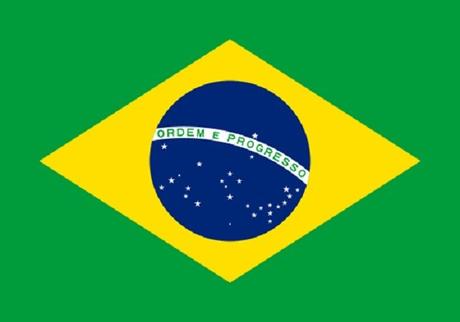
5 – Brazil (Total Land Area in SQ Miles: 3,287,956)
Wiki Info: Brazil was inhabited by numerous tribal nations prior to the landing in 1500 of explorer Pedro Álvares Cabral, who claimed the area for the Portuguese Empire. Brazil remained a Portuguese colony until 1808 when the capital of the empire was transferred from Lisbon to Rio de Janeiro.
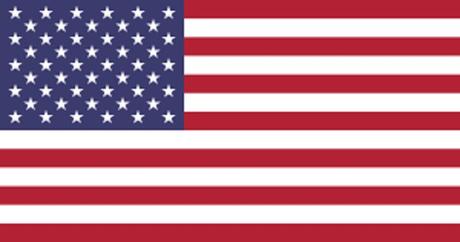
4 – United States (Total Land Area in SQ Miles: 3,696,742)
Wiki Info: The United States is a highly developed country, with the world’s largest economy by nominal GDP and second-largest economy by PPP. It ranks highly in several measures of socioeconomic performance, including average wage, human development, per capita GDP and productivity per person.
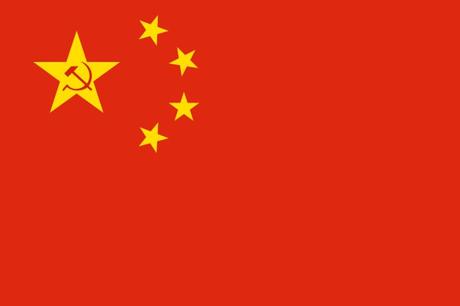
3 – China (Total Land Area in SQ Miles: 3,705,407)
Wiki Info: China’s landscape is vast and diverse, ranging from forest steppes and the Gobi and Taklamakan Deserts in the arid north to subtropical forests in the wetter south. The Himalaya, Karakoram, Pamir and Tian Shan mountain ranges separate China from much of South and Central Asia.
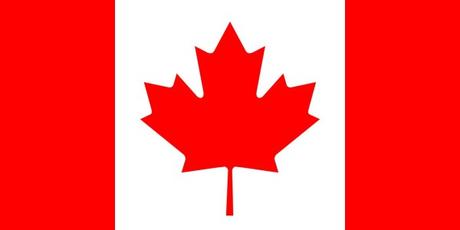
2 – Canada (Total Land Area in SQ Miles: 3,855,100)
Wiki Info: Various aboriginal peoples had inhabited what is now Canada for thousands of years prior to European colonization. Beginning in the 16th century, British and French claims were made on the area, with the colony of Canada first being established by the French in 1535 during Jacques Cartier second voyage to New France.
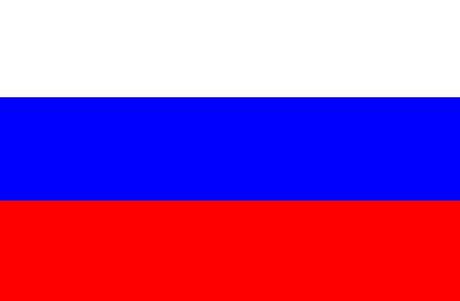
1 – Russia (Total Land Area in SQ Miles: 6,601,670)
Wiki Info: Extending across the entirety of Northern Asia and much of Eastern Europe, Russia spans eleven time zones and incorporates a wide range of environments and landforms. From north-west to south-east, Russia shares land borders with Norway, Finland, Estonia, Latvia, Lithuania and Poland, Belarus, Ukraine, Georgia, Azerbaijan, Kazakhstan, China, Mongolia, and North Korea.

